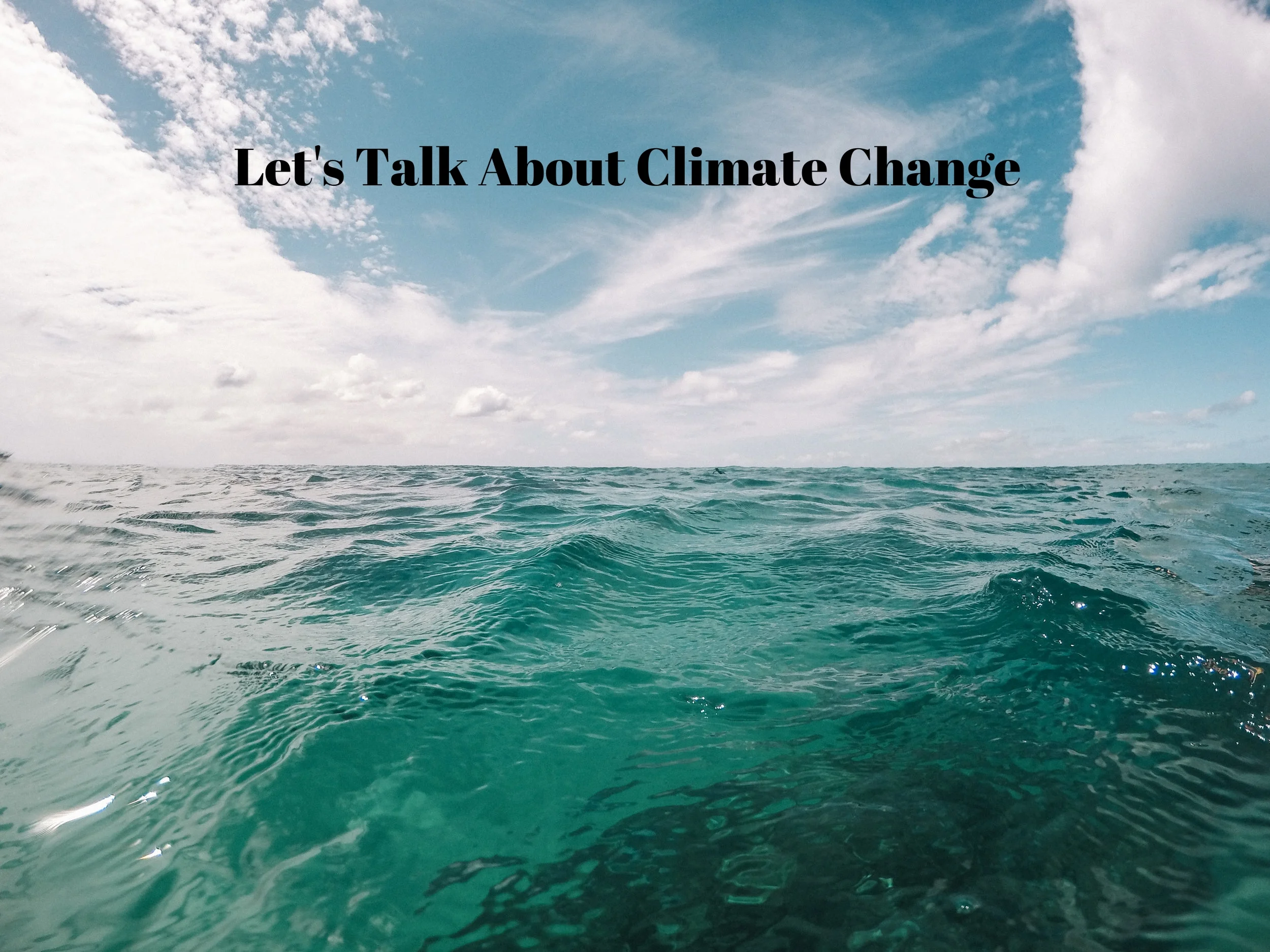Knowing: Offshore Oil Spills
Photo by Karl Fredrickson on Unsplash
Welcome to part one of our three part series on environmental issues within our oceans. Catch up on our most recent series here. Our oceans need our help if we want to keep exploring, enjoying and existing!
Offshore Oil: Black Gold
In this months series we will explore the direct effect of our seemingly unquenchable thirst for black gold: otherwise known as petroleum oil. This particular energy source touches our lives almost every single day and there is no doubt that the U.S. would be a very different place without it. However, oil is a limited source and unfortunately a tremendously hazardous one to marine environments when leaked. Regardless, we continue to search for vast quantities of it, which leads to today's topic: offshore drilling and oil spills in our oceans.
In 2010, the world witnessed the massive oil spill, the British Petroleum Deepwater Horizon Oil accident. It was a tragic event that caused a devastating loss in marine species but also cost 11 platform workers on the rig their own life. The spill itself lasted 87 days and released approximately 176 million gallons (4.9 million barrels) of oil into the gulf waters.
British Petroleum cleaned up less than one third of the spill.
By August 13th, 2010 approximately 4,768 animals in the oil spill area were found dead.
Photo by Joel Filipe on Unsplash
What is Offshore Drilling?
Offshore drilling is an oil extraction technique in which oil and gas companies drill at depth under ocean waters to access oil deposits typically located near or above the continental shelf. Through 3D seismic imagery and surveys, companies are able to estimate where oil and gas pockets are located under the ocean floor. Recent technologies have enabled companies to drill many miles below our waters to access these deposits. According to Minerals Management Services, in 2009, offshore drilling in U.S. waters accounted for 30.9% of U.S. Oil Production.
Why Are We Drilling in Our Waters?
The reality of the situation is that you and I are part of the most major consumers of energy in the world. In 2015, the U.S. was only 4.4% of the world's population yet we consumed about 21% of the world's oil. In our country, it is nearly impossible to go a day without using oil, whether that be driving a car, turning on lights or charging the phone or computer you are using to read this post.
To put this into perspective, during the Deepwater Horizon accident, 4.9 million barrels of oil spilled into the gulf waters. Everyday alone, the U.S. uses an average 19.6 million barrels of oil.
The amount that spilled into our waters in the spring of 2010, was one quarter of the amount of oil that the U.S. uses in one day.
Photo by Pedro Lastra on Unsplash
Oil Spills
While the Deepwater horizon was the worst U.S. oil spill in history, it was also the most public. Unfortunately, oil spills are not an uncommon accident. According to the U.S. Department of Energy, in 2010, 1.3 million gallons of oil spill in the ocean every year and one large oil spill can easily quadruple this number.
Photo by Joseph Barrientos on Unsplash
Usually oil spills occur due to human error or carelessness, equipment break downs or even natural causes like hurricane and storms. In the case of the Deepwater Horizon, a combination of mistakes and negligence transpired that caused a blowout. These actions engulfed the rig in flames and took the lives of both crew members and marine life in the months to follow. Furthermore, oil spills greatly disrupt the economy for both the people living in areas near and afar. We will have more on this in next week’s series post about why we should care.
Photo by Caroline Hernandez on Unsplash
Ultimately drilling for offshore oil is a question of energy vs. environment. The effects of the British Petroleum Deepwater Horizon oil spill in 2010 can still be seen today. 8 years later. And as mentioned above, the spill was only one quarter of the amount of oil the U.S. uses in one day. As the ocean is the world's largest ecosystem on the planet, and one of our most major resources of life, we must truly consider if the risk of destroying it will outweigh the reward of using more and more energy.
Join us next week to learn more about this issue and why we must care for not only for the oceans but also for ourselves.









